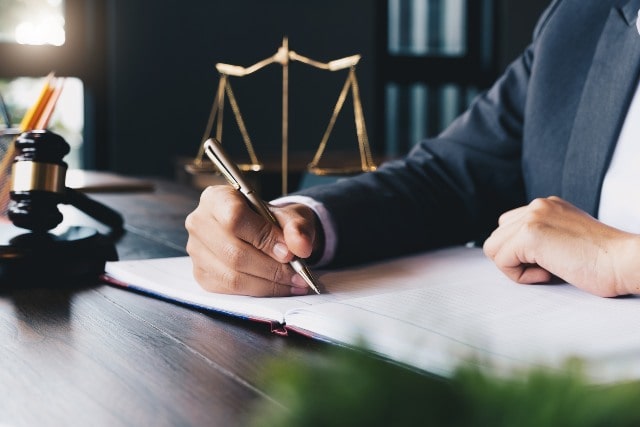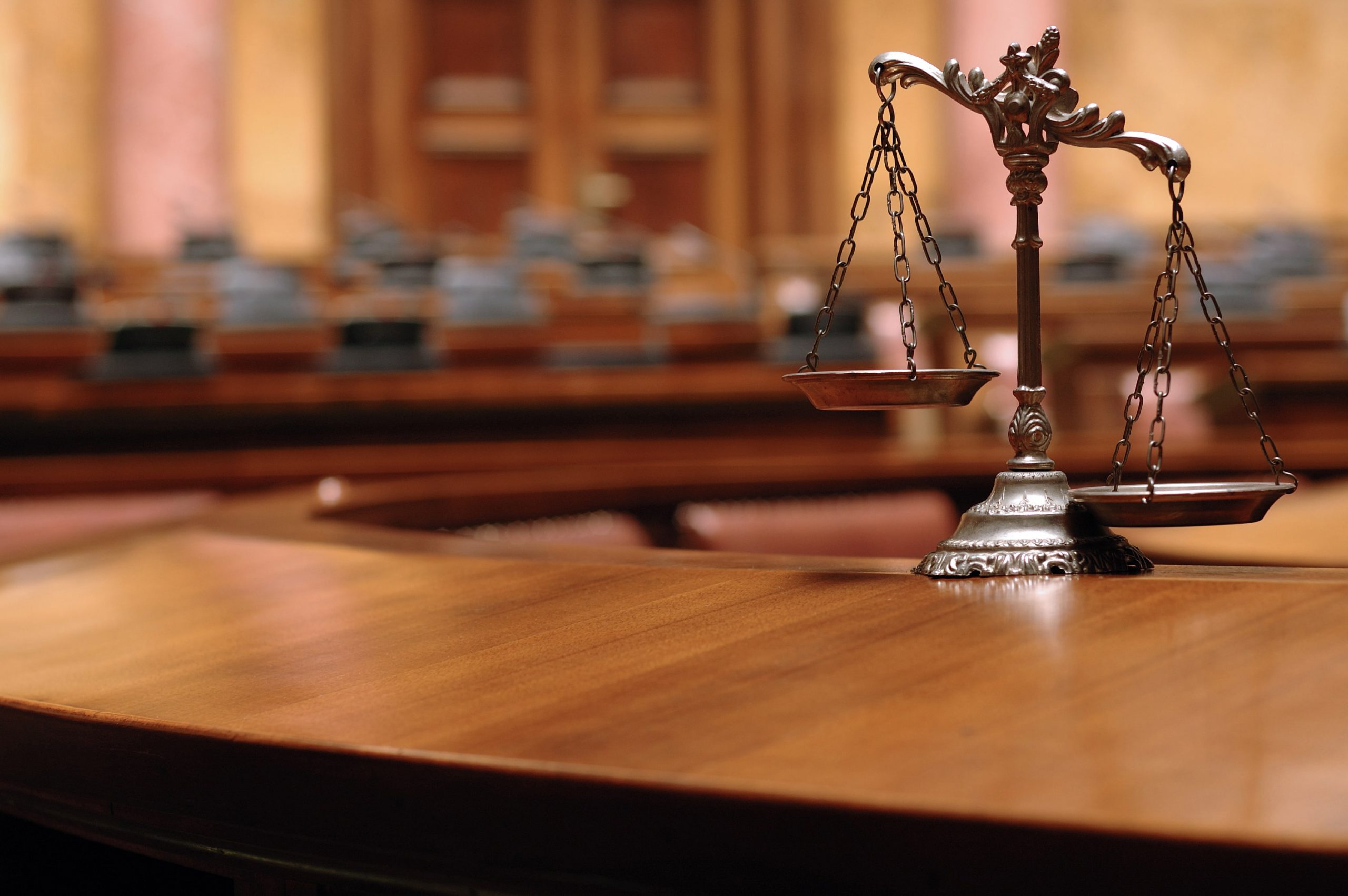Attorney's Guidance on Habeas Corpus and Your Legal Protections
Attorney's Guidance on Habeas Corpus and Your Legal Protections
Blog Article
Understanding the Role of a Post-Conviction Legal Representative in Looking For Justice After a Criminal Conviction
In the complex landscape of post-conviction lawful procedures, the function of a post-conviction legal representative is critical in browsing the path to justice after a criminal sentence - arkansas federal lawyer. As the quest of justice prolongs beyond the confines of preliminary proceedings, the role of a post-conviction legal representative emerges as a beacon of hope for those looking for to fix oppressions and redeem their civil liberties within the legal system.
Post-Conviction Legal representative's Investigative Work
Post-conviction lawyers involve in thorough investigative work to reveal brand-new evidence, step-by-step mistakes, or misbehavior that could potentially cause overturning a sentence. This investigatory phase is important in the post-conviction procedure as it intends to determine any kind of overlooked details or lawful errors that might have influenced the outcome of the first test. Post-conviction attorneys delve into instance documents, witness statements, and lawful paperwork with a fine-tooth comb, browsing for any kind of discrepancies or irregularities that could be grounds for charm.
Through complete investigation, post-conviction attorneys intend to lose light on potential injustices that might have taken place during the original trial. By inspecting every facet of the lawful proceedings, post-conviction attorneys work tirelessly to discover any type of variables that might have influenced the decision.
Crafting Appeals and Petitions
In the quest of justice after a conviction, skilled lawyers carefully craft charms and applications to existing engaging debates for the reconsideration of lawful choices. Crafting allures and applications requires a deep understanding of the legal system, attention to detail, and tactical thinking. Post-conviction attorneys examine test documents, recognize possible mistakes or offenses of civil liberties, and develop lawful arguments to challenge the conviction or sentence.
When crafting an appeal, lawyers concentrate on highlighting lawful mistakes that might have impacted the result of the instance. They look into instance regulation, laws, and lawful criteria to support their disagreements. Requests, on the other hand, may entail offering brand-new evidence that was not offered during the test or showing modifications in the legislation that necessitate a testimonial of the sentence.
Additionally, post-conviction attorneys must comply with strict procedural regulations and due dates when submitting allures and petitions. They need to present their arguments clearly and persuasively to encourage the court to give alleviation to their customers. With careful crafting of appeals and applications, post-conviction legal representatives make every effort to protect justice for people who have been wrongfully founded guilty or unfairly punished.

Pursuing Post-Conviction Alleviation
Post-conviction alleviation encompasses a range of lawful systems designed to test the credibility of a conviction or sentence. Post-conviction lawyers play a critical duty in navigating these complex treatments, making sure that all legal options are checked out to correct injustices that might have occurred throughout the trial or sentencing stage.
One usual kind of post-conviction alleviation is west virginia federal habeas corpus attorneys filing a petition for post-conviction relief, normally based on cases of inadequate assistance of guidance, prosecutorial misbehavior, recently uncovered proof, or constitutional violations. Experienced post-conviction attorneys have the abilities and expertise essential to identify practical lawful claims, conduct examinations, and existing engaging debates to protect relief for their clients.
Utilizing Forensic Proof
When testing a sentence or sentence, the critical application of forensic proof can be an effective tool in post-conviction legal proceedings. Forensic proof incorporates a wide variety of clinical methods utilized to examine criminal offenses and establish facts in court. Post-conviction legal representatives can utilize forensic proof to challenge the validity of sentences by providing new scientific searchings for that were not offered during the original test.

Taking Part In Sentence Alterations
Post-conviction legal representatives might discover the opportunity of sentence alterations as a lawful opportunity to deal with out of proportion or unfair sentences bied far in criminal situations. Sentence adjustments involve seeking changes to the terms of an offender's sentence after a sentence has actually taken location. These adjustments can include reducing the size of a sentence, changing the sort of punishment enforced, or discovering alternate sentencing choices.
Post-conviction lawyers can seek sentence alterations with various lawful devices, such as filing motions for sentence decrease, appealing for caring release, or bargaining appeal deals for reduced sentences. They have to very carefully evaluate the circumstances of the instance, evaluate the legal premises for seeking an alteration, and existing compelling debates to the court supporting the need for a modified sentence.
Participating in sentence alterations needs an extensive understanding of criminal law, punishing guidelines, and the certain procedures associated with seeking post-conviction alleviation. Post-conviction lawyers play a critical function in advocating for reasonable and simply results by challenging sentences that are unduly extreme or do not align with the concepts of justice.
Conclusion
In final thought, the role of a post-conviction attorney is critical in seeking justice after a criminal sentence. Through investigative job, crafting appeals and requests, pursuing post-conviction relief, making use of forensic evidence, and taking part in sentence alterations, these legal specialists play a vital function in supporting for their clients and guaranteeing that their civil liberties are upheld within the criminal justice system. Their commitment and proficiency are necessary in browsing the complexities of post-conviction process and achieving a reasonable result for individuals facing criminal sentences.
Report this page